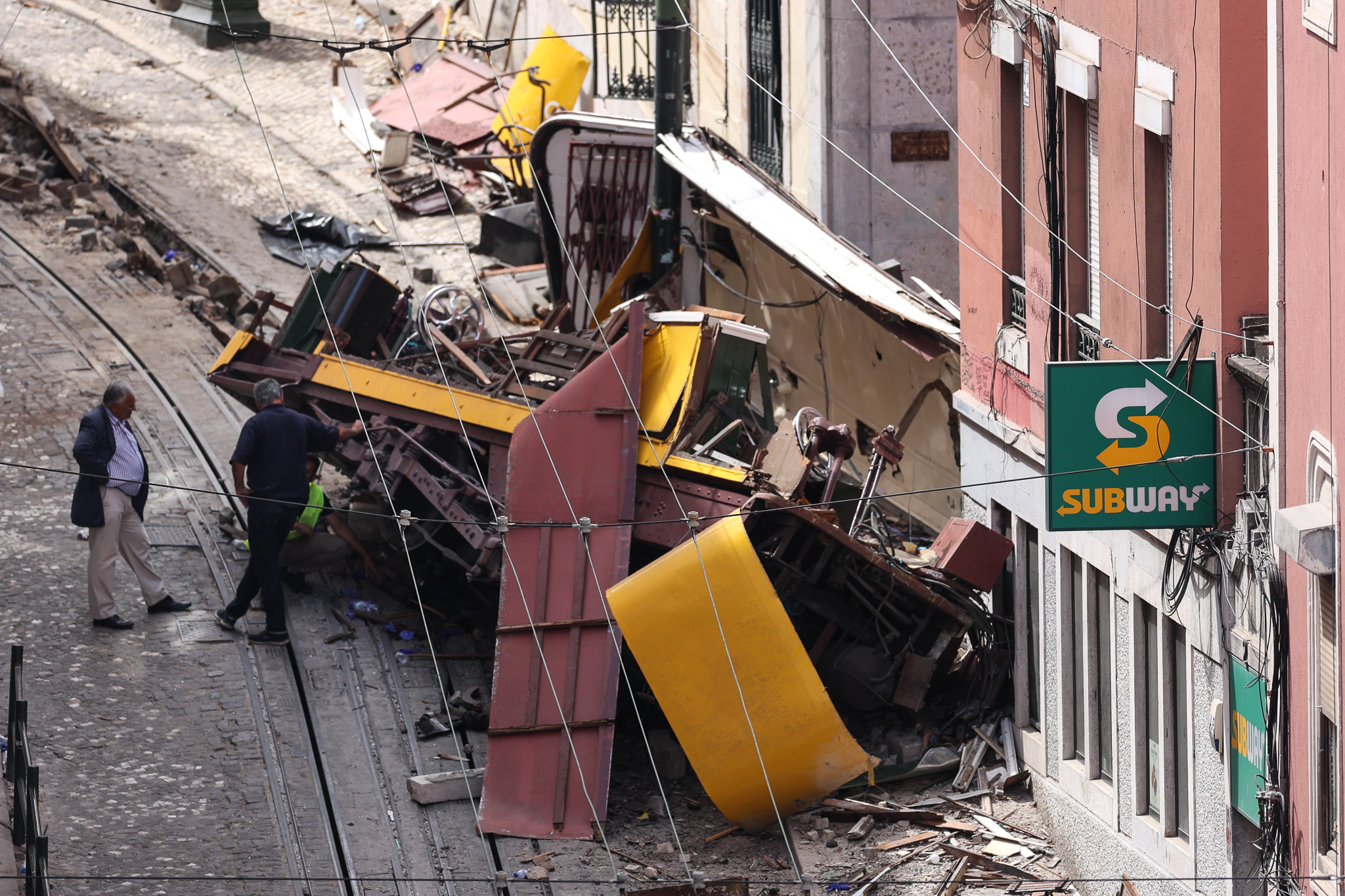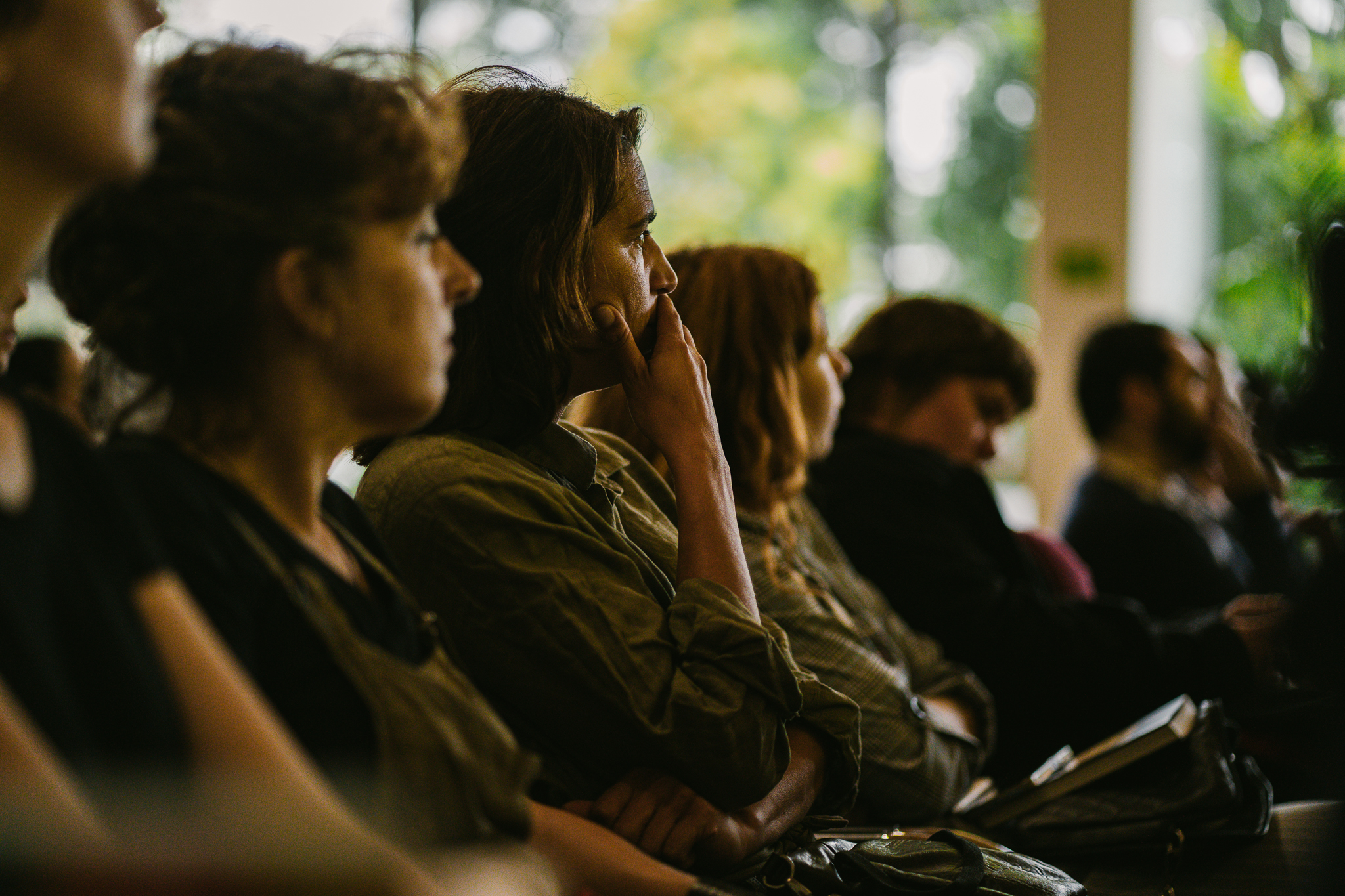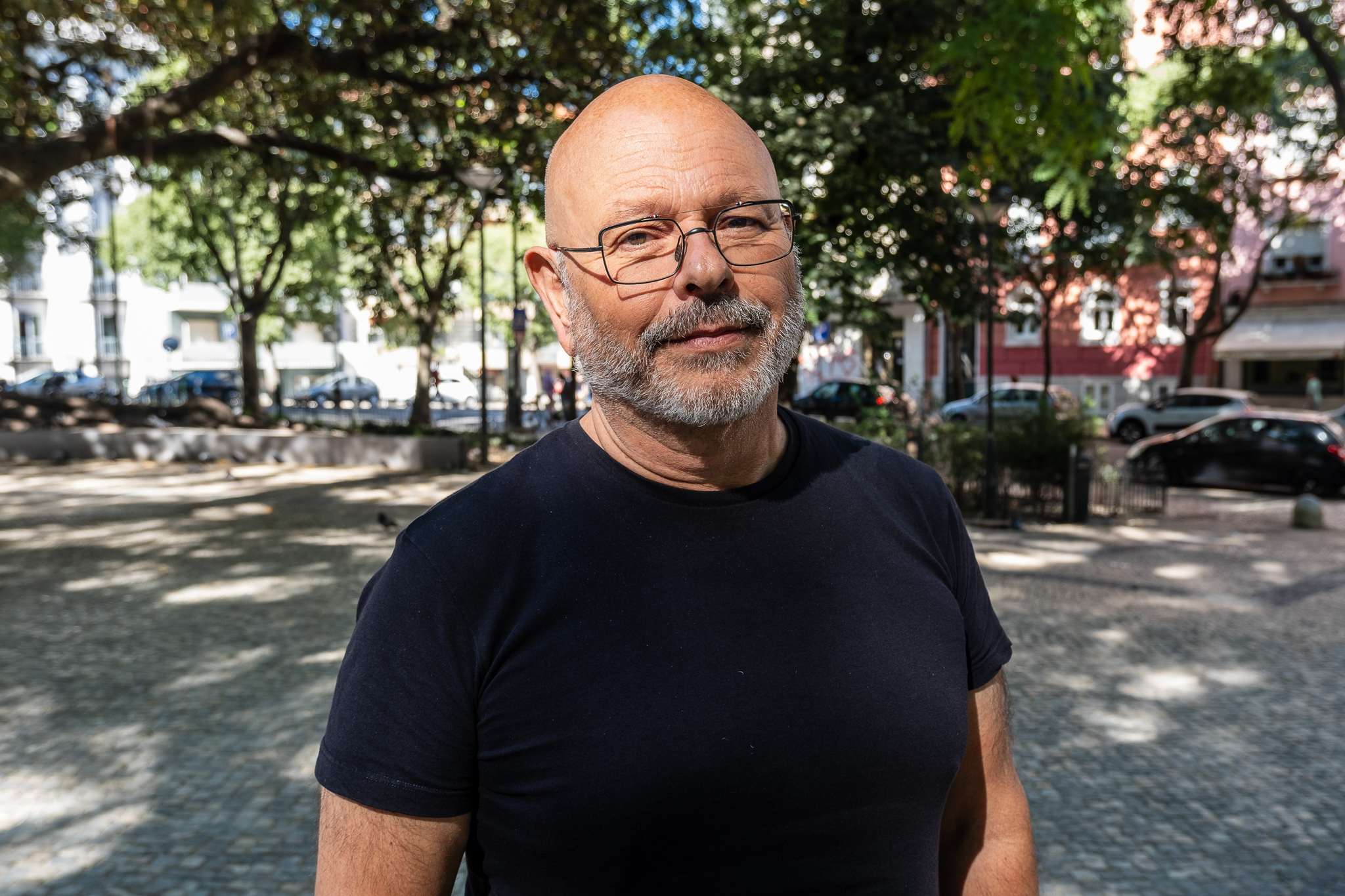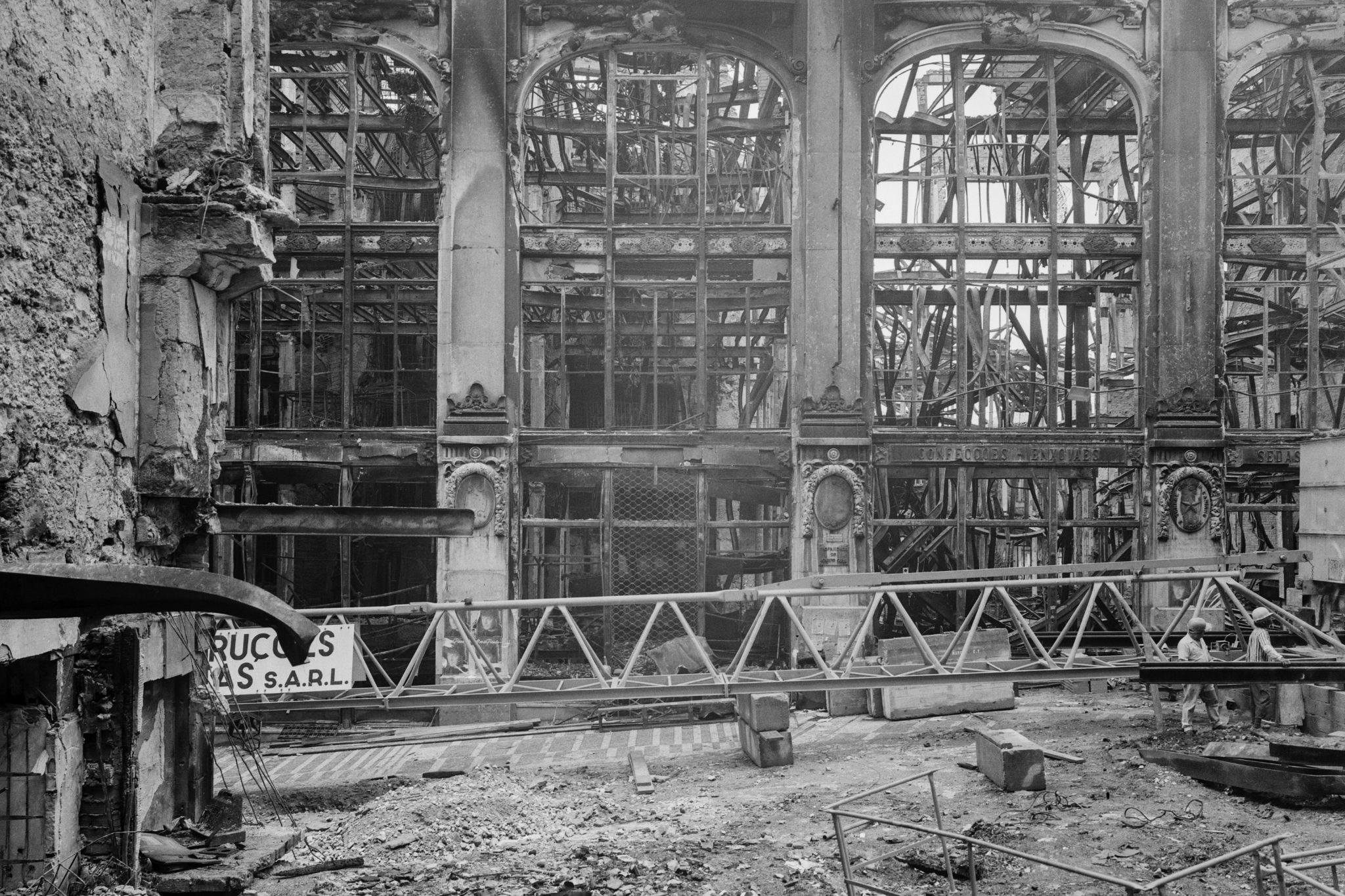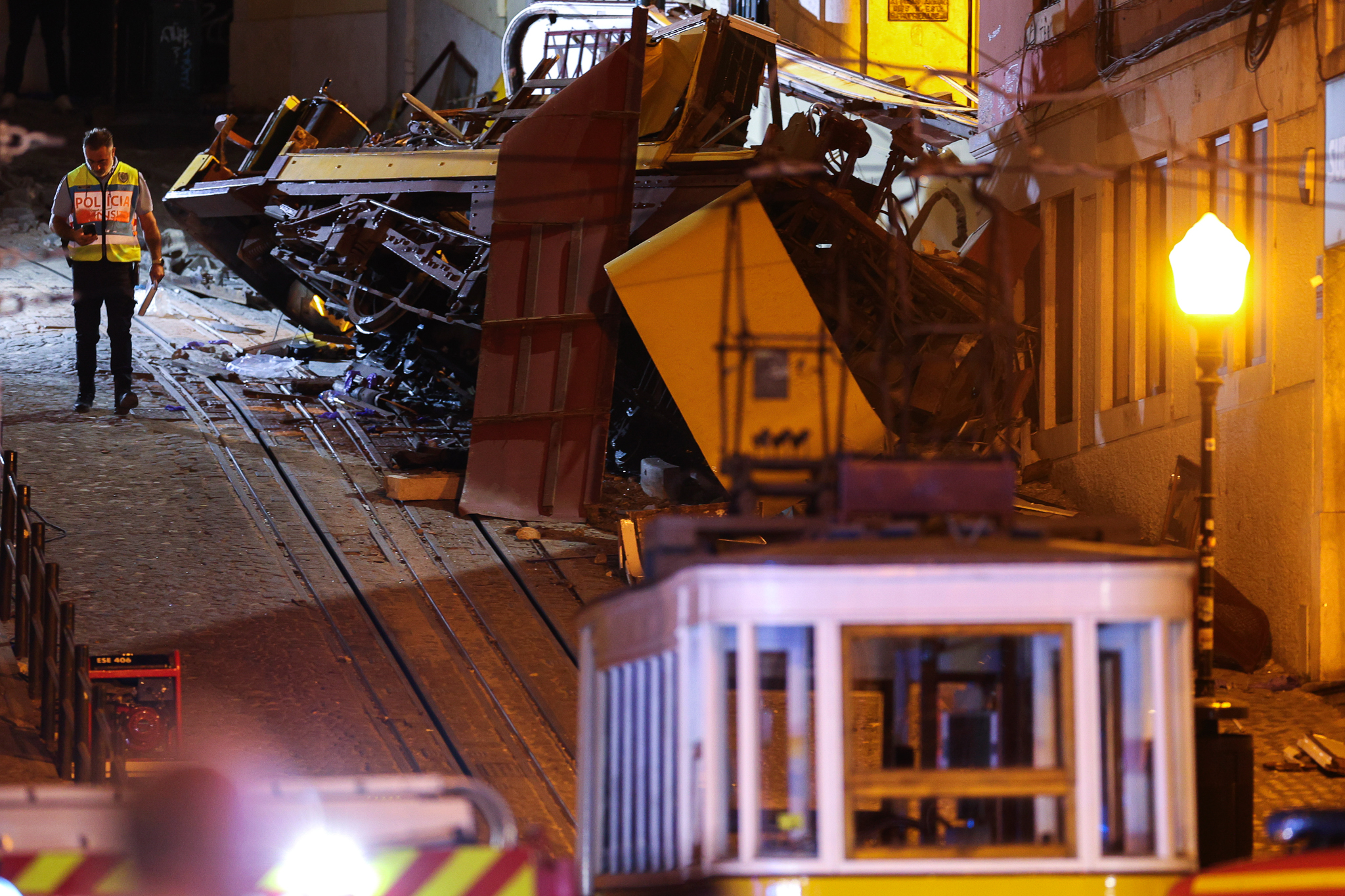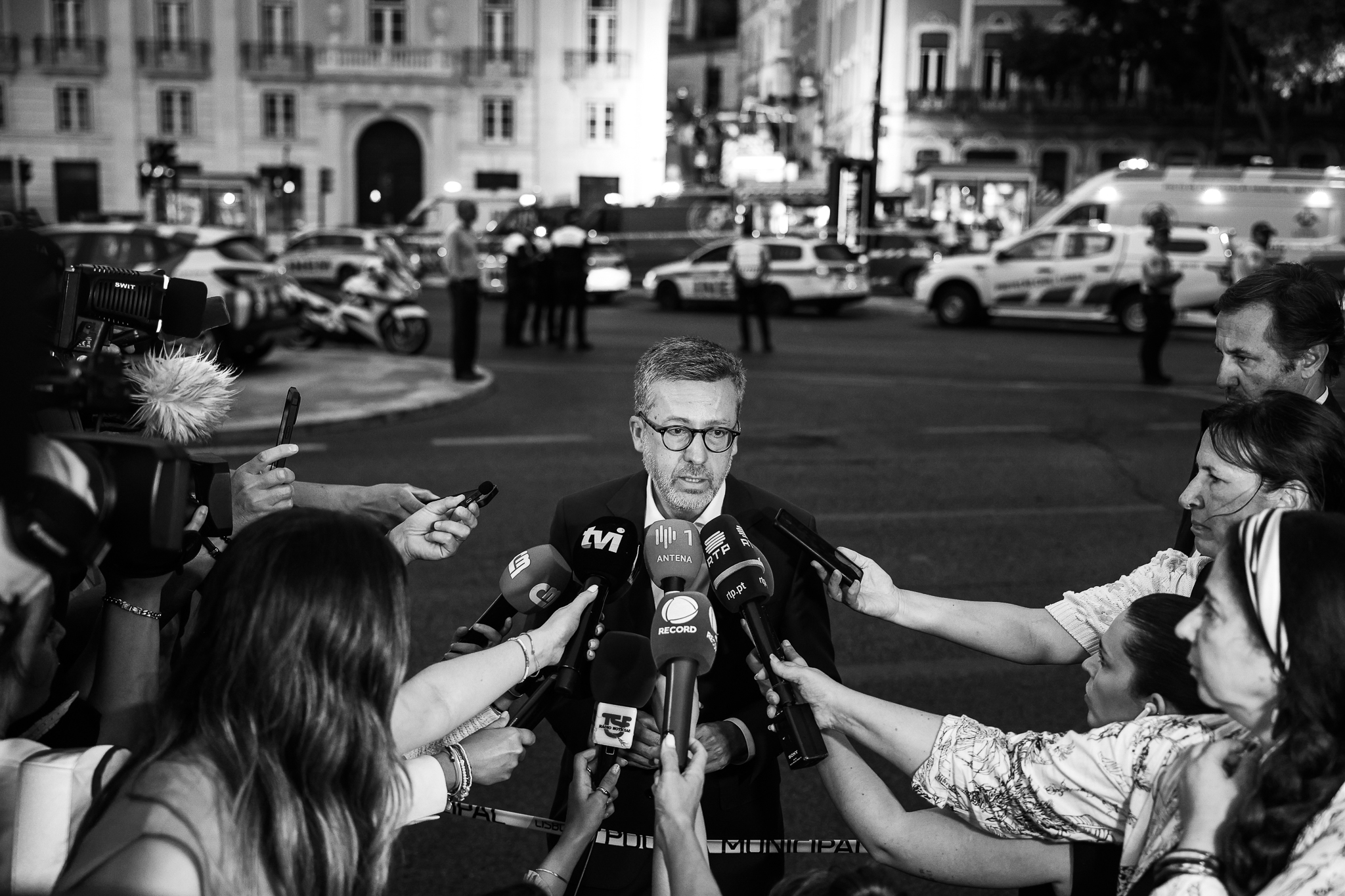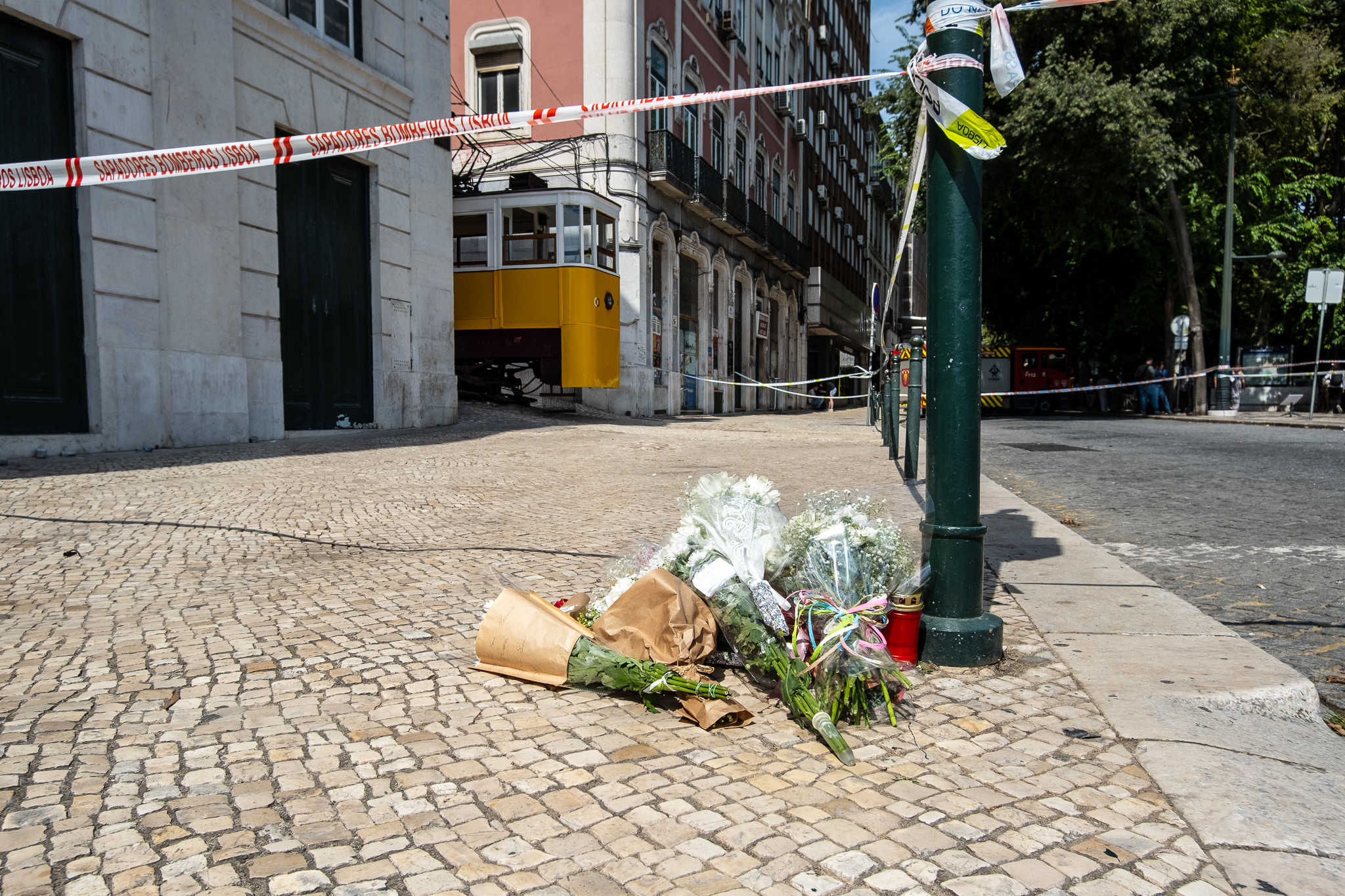10 places in Lisbon from the 20th century were "re-photographed" for a photographic exhibition that seeks to question our cities and shows us daily lives lost in time. An initiative of the research project Hi-BicLab.
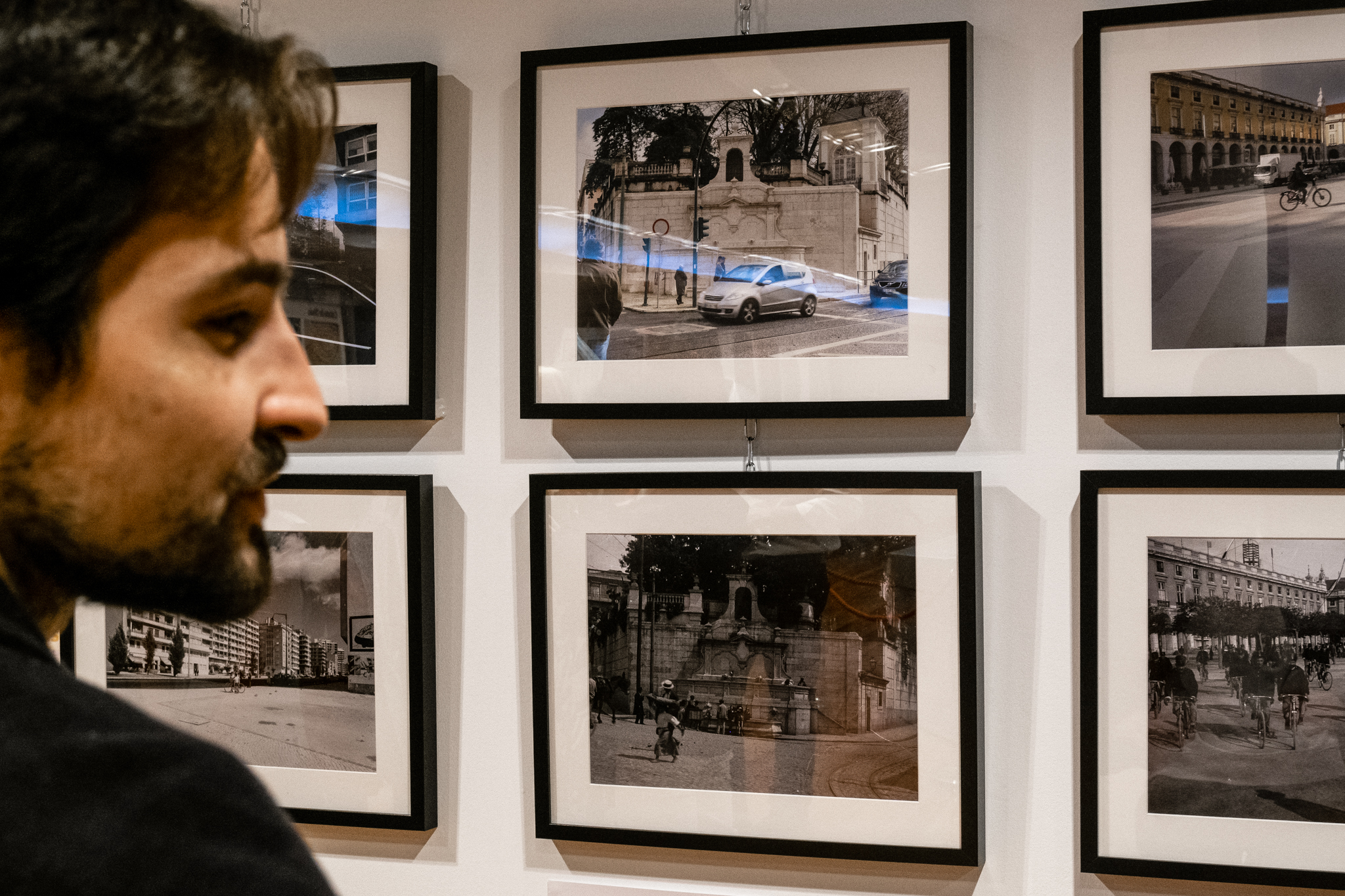
A small photo exhibitionconducted as part of the Hi-BicLab research project, taking place this year in Lisbon, takes us to questions who we want the cities for and shows us cycling daily life on the streets of Lisbon in the 20th century - everyday life that recent history has made invisible.
"The vision we have of the past is the fruit and object of disputes and choices about what to make visible. Focusing only on the historical narrative that describes the progressive intensification of the occupation of public space by the private car to the detriment of other supposedly slower means, such as the bicycle, may induce us not to understand the invisibilizations that occurred throughout this process, ending up reproducing them. How can we understand the importance that the bicycle had in Lisbon's daily life in the 20th century for various professional categories, as a means of transportation, for sporting and also recreational uses, for people of various ages?"
- introduction to the exhibition, Hi-BicLab
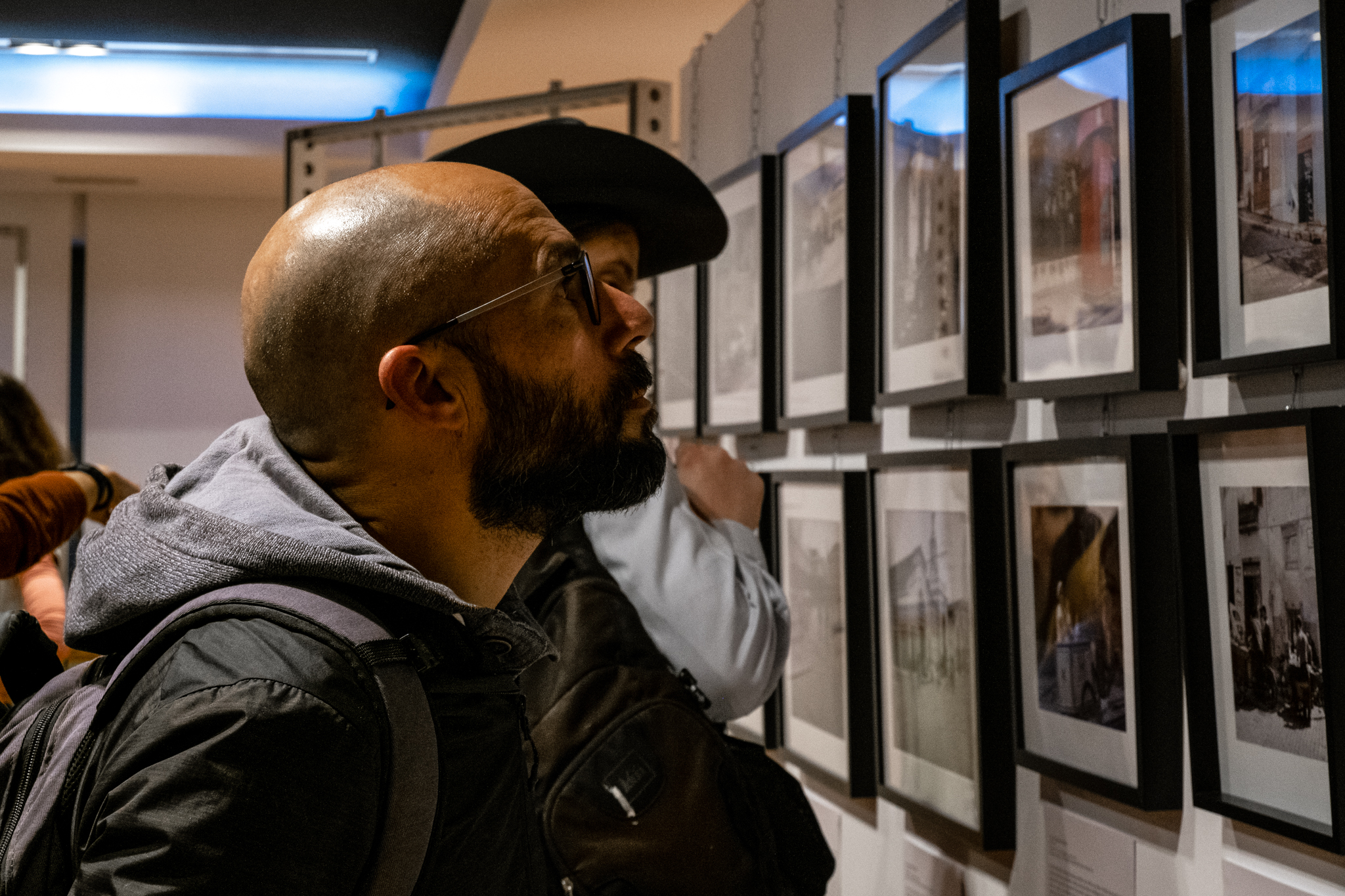
Entitled "A Cidade Para Quem?: Quotidianos Ciclidianos Nas Ruas Lisboetas do Século XX"the exhibition places side by side photographs from the past and the present of the city. The old images were collected from the Municipal Archive of Lisbon - they are 10 city street records from the early 20th century to the late 1970s. The photographs of the past were "remade" in 2022with the help of anthropologist and filmmaker Charlotte Seegers.
Through the comparison between the daily life of then and now, the exhibition invites the public to think "what changes are noticeable in the city, how the way of socializing and moving has changed since then, in favor of which subjects the city is built, and, last but not least, what city we want in the present and for the future"as can be read in the introductory text of the exhibition.
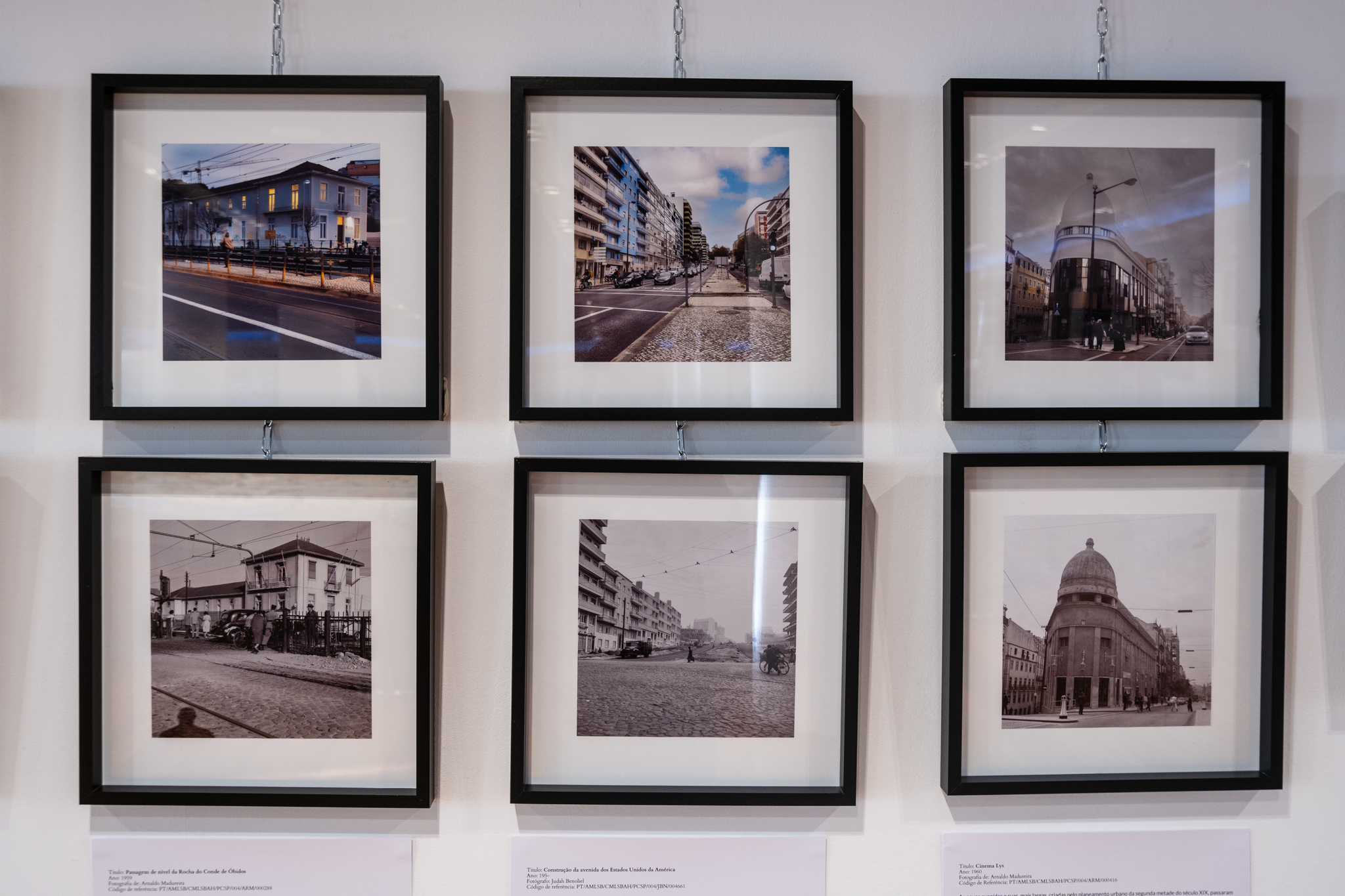
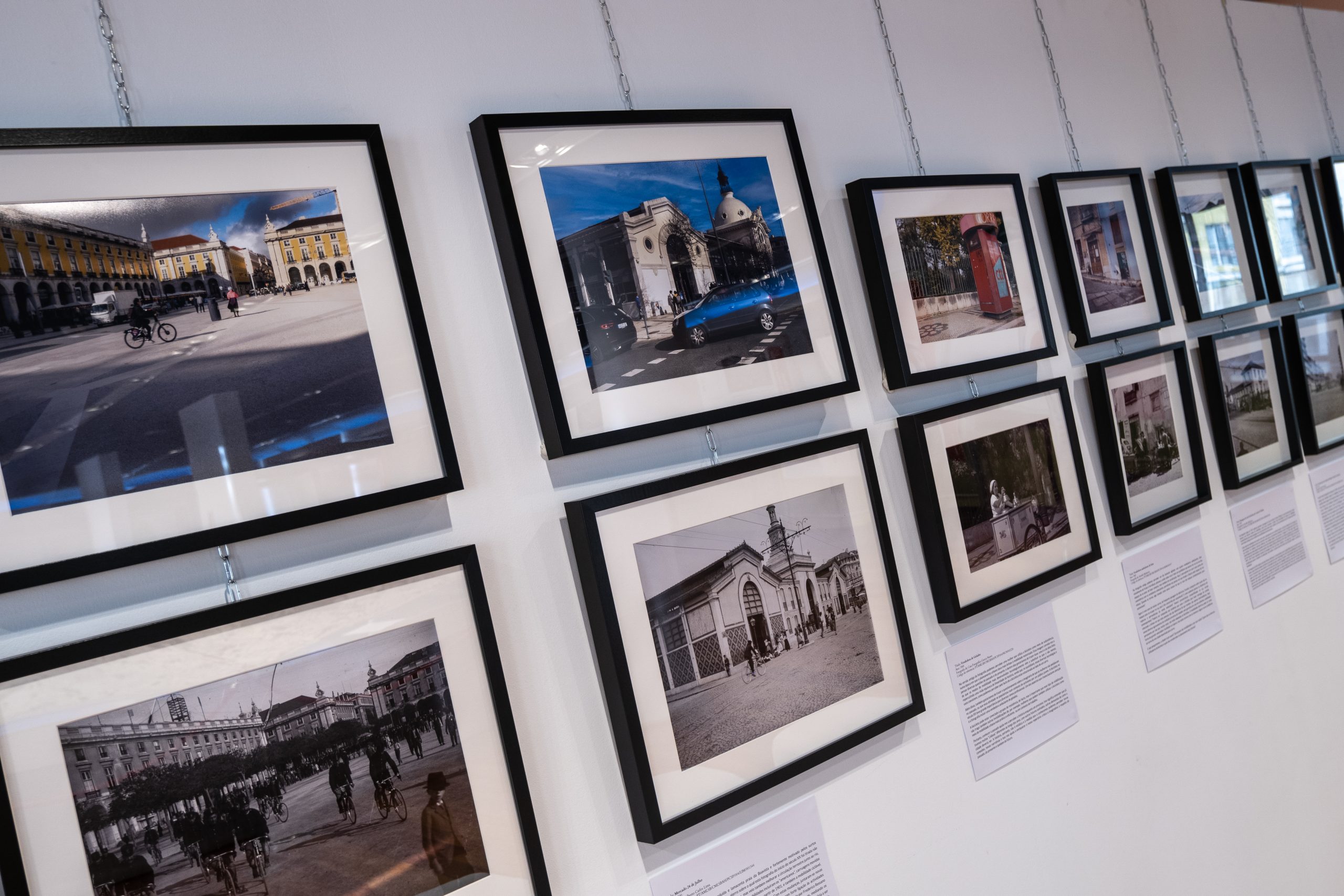
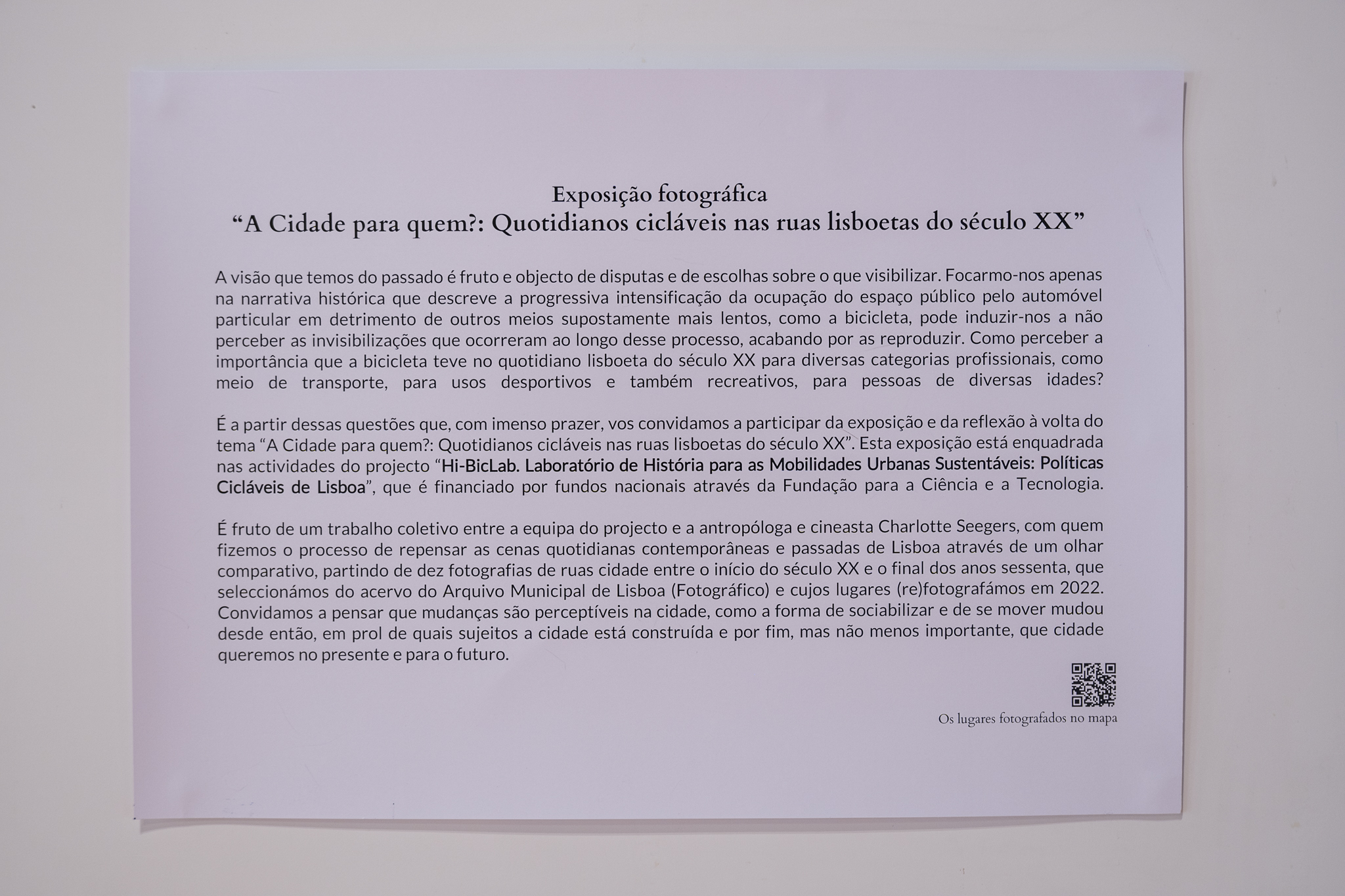
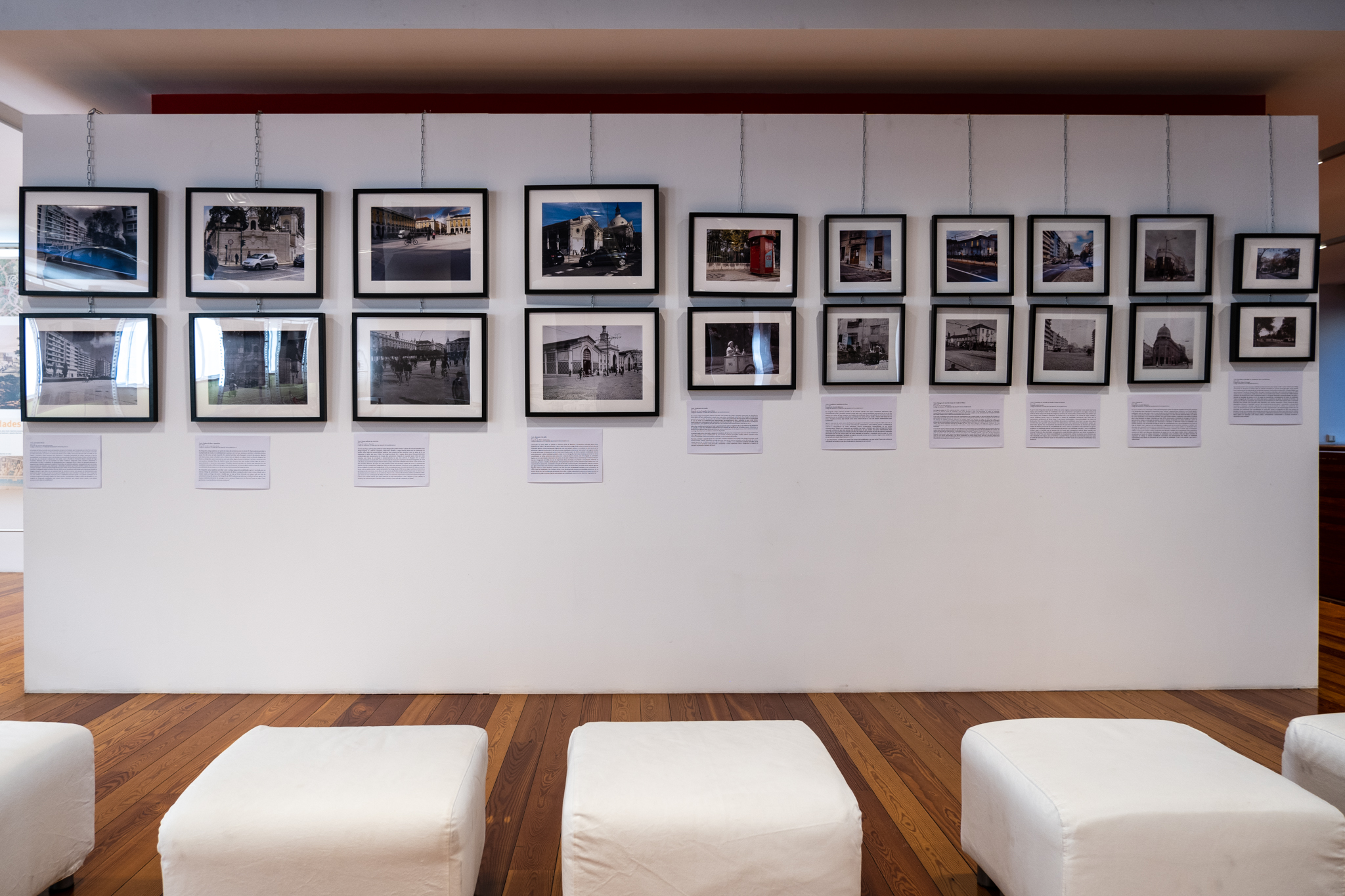
The exhibition is available online and in the Lisbon Urban Information Center (CIUL)in Picoas, by the end of this week. Afterwards it will transit through other spaces. The photo exhibition is part of the activities of the Hi-BicLab, a research project that crosses several disciplines, bringing together a dozen researchers and partners, and that proposes to work on the invisibility of the bicycle in Lisbon's recent history. "Cycling has not always been viewed the same way and that has an influence on policies, on representations, on how people perceive cycling today"Maria Luísa Sousa, historian and coordinator of the project, said in a presentation on the project that took place on January 11th, before the inauguration of the exhibition.
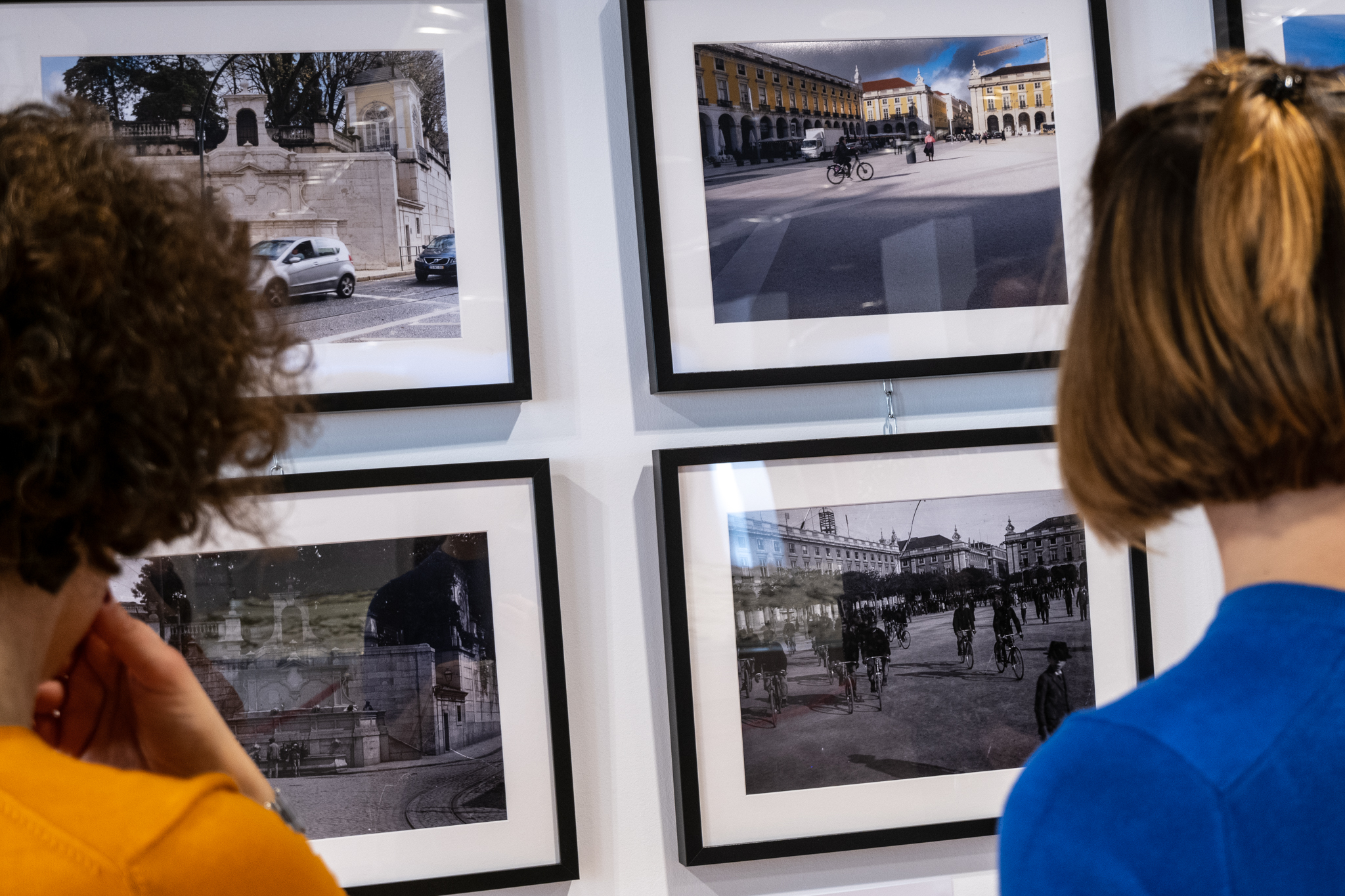
The realization of this photographic exhibition followed in the Hi-BicLab calendar a tour of the city in late 2022which was attended by more than two dozen daily bicycle users in Lisbon and in which the researchers looked for new leads and lines of study. "The tour inspired us to identify new questions about the past for future research"commented Luísa. Last year also saw the promotion of "journal clubs", meetings to discuss scientific articles on urban mobility, selected by the researchers. This year, the plans include a series of workshops open to the community.
All these moments are part of the research methodology chosen by the Hi-BicLab: that of a History Laboratory, in which we intend to reconstruct the History and the histories of the bicycle in Lisbon, through a look at the past with our eyes set on the present and the future. The idea is, basically, to understand what history can teach us about today's everyday life. The work will culminate with the publication of a book in the international collection Cycling Cities. "The project is being a process, it's being transformative even for us. Hi-BicLab is not a crystallized, closed-minded idea."the researcher assured.
On January 11th, besides the exhibition opening, the Hi-BicLab promoted a lecture with Colin Divali, professor at the University of York, in the United Kingdom, where he directs the Institute of Railway Studies, and consultant in the area of transport to the British Government. É "someone with experience in conducting History Labs"explained Luísa; that is why she is helping the Hi-BicLab team. In his talk, conducted via Zoom, Colin introduced us to some of his work with History Labs and, in particular, a case study that took place in the 1960s and 1970s on the south coast of England, in a rapidly developing region, and which involved, at the time, a discussion about the future of suburban transport - whether it should be road or rail.
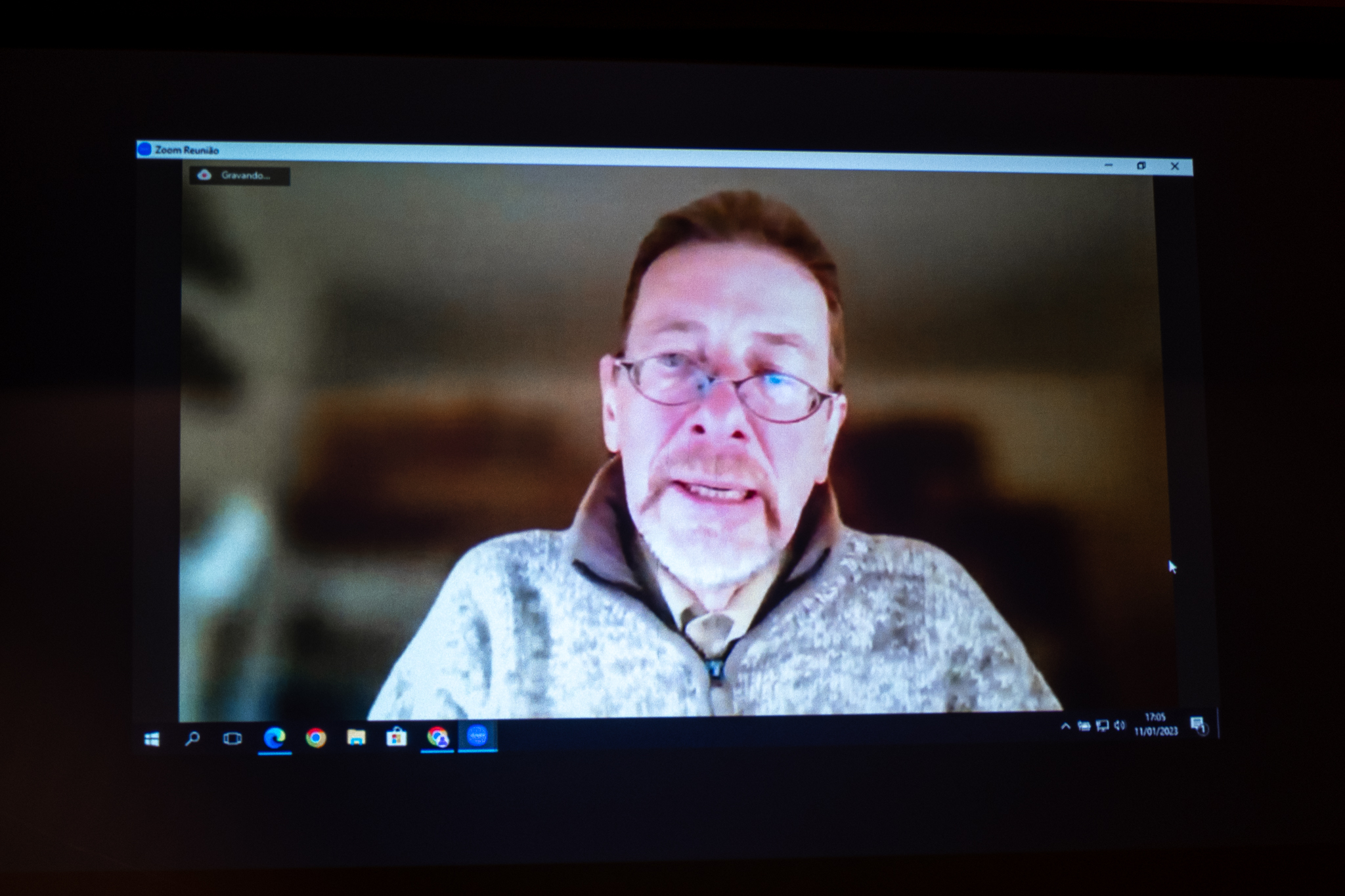
With the History Labs, we seek "understanding the past to better think about the future" e "imagine better visions and visions more broadly". Actually, Colin told us, “The past conditions us in the way we think about how we can move around in the city today. It's easy, in cities surrounded by cars, to forget that there were other forms of transportation in the past, which can be recovered in the future.". The researcher and consultant said that the result is often one of frustration "because ideas that seem logical to us soon end up rejected with the opposition of other citizens, politicians, etc.". Therefore, it is important "writing good stories about the past", "that make us free to rethink common sense" and the dominant mobility today. Colin Divali tells us that "no need to invent the wheel"; and often enough "talk to experts and historians, and ask groups that are not necessarily involved in transportation".
The British expert also raised an interesting point: the The term "modernization" can have different meanings for different groups of people - For some, it may mean modernizing the railroad to make it more appealing; for others, it may mean that modernizing means swapping the railroad for the highway. "Today, the word 'sustainability' is used by different groups to mean different things."
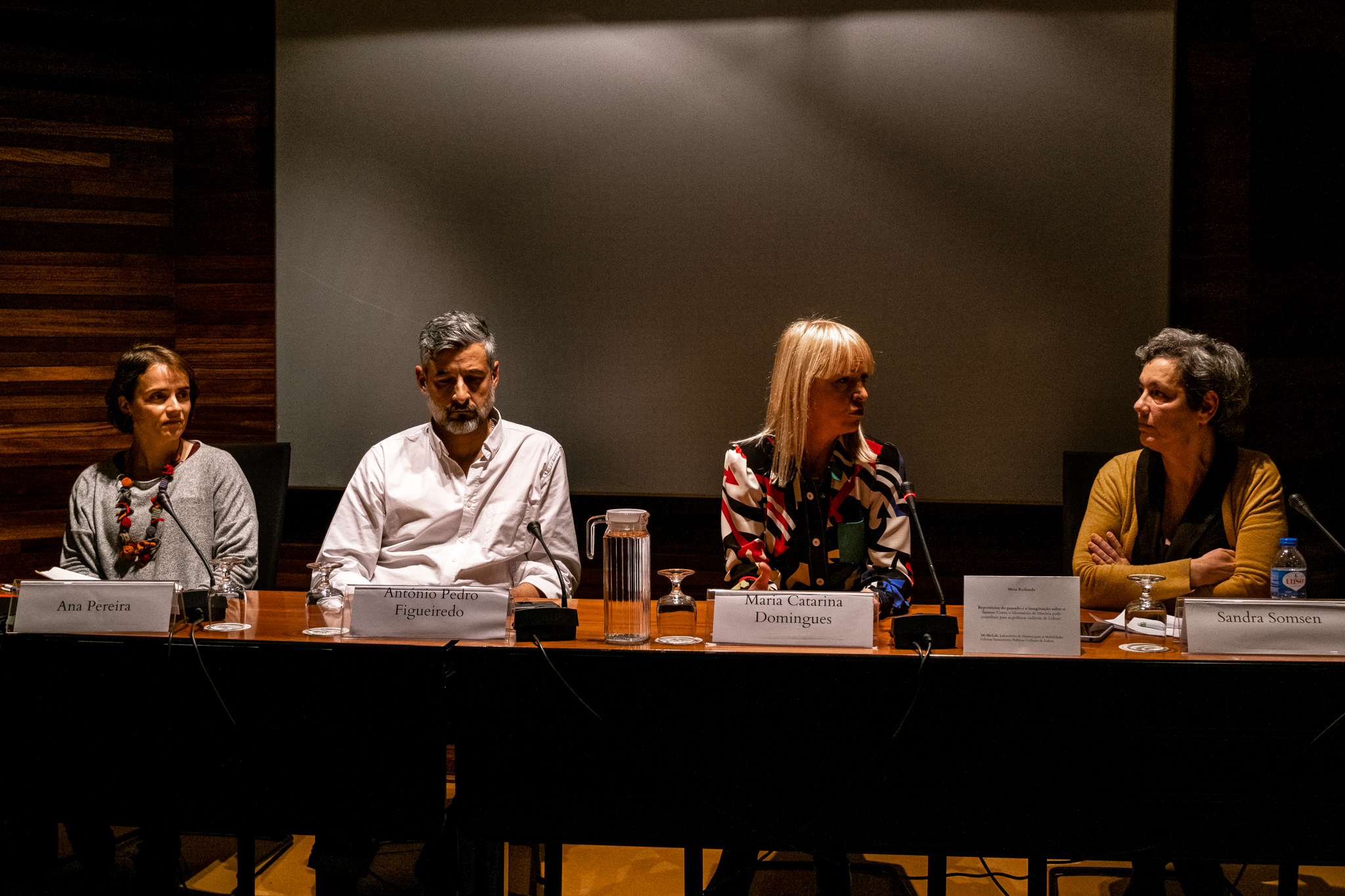
Colin's talk was followed by an open roundtable discussion during which the public and guests discussed the past and present of the bicycle, and its representation. You can follow Hi-BicLab on social networks Instagram, Facebook e Twitter. And most importantly: if you want to receive the project's newsletter, send an e-mail requesting it to hi.biclab@campus.fct.unl.pt.

